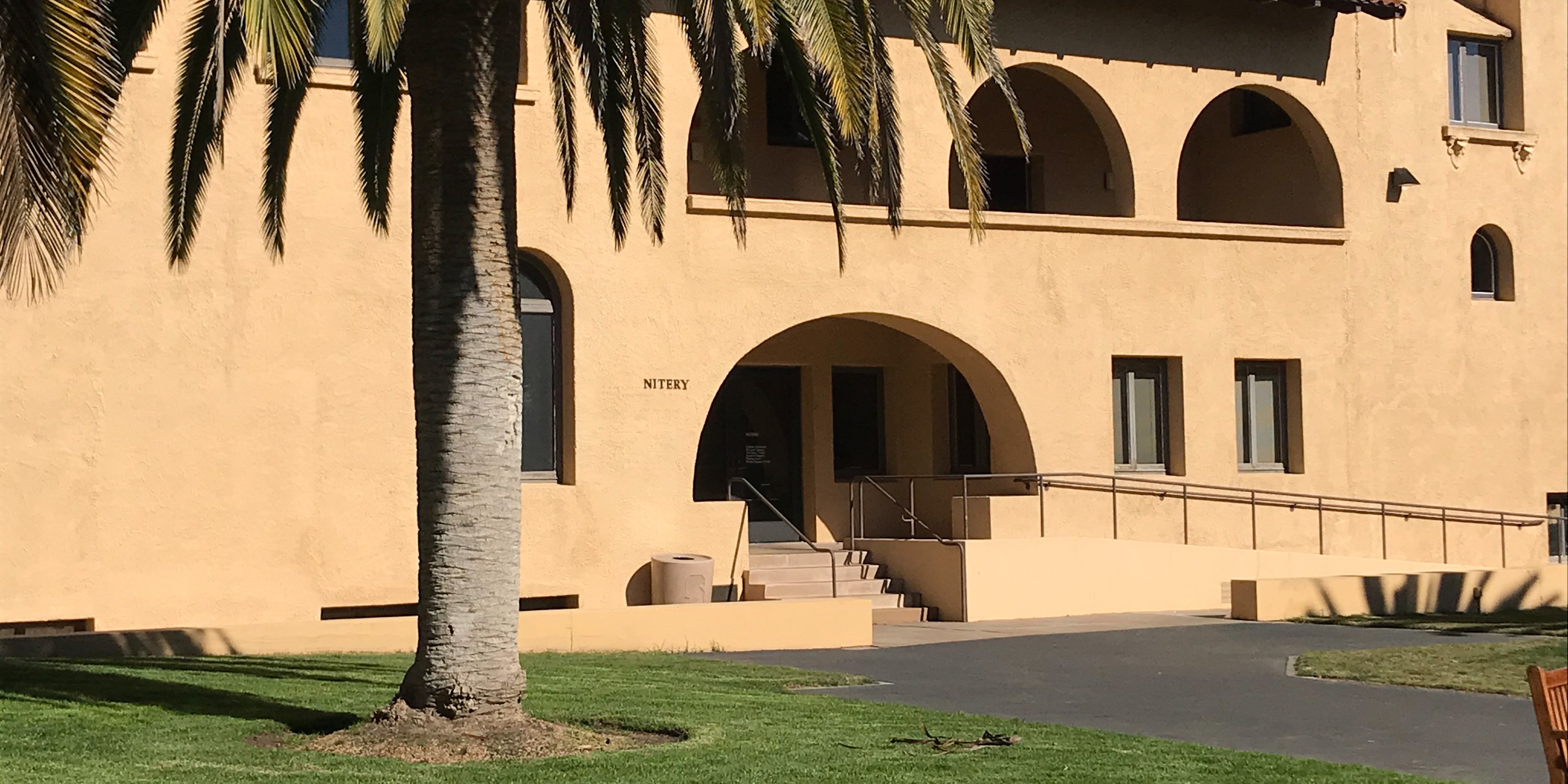Students who were ineligible to vote in a close race for student government executives after returning from winter leaves of absence are expressing frustration two years after the policy disqualifying them from voting was called “backward” and “unfair” in an email to then-elections commissioner Paul Serrato ’19.
Madeleine Rowell ’18, who sent the email, told The Daily in 2017 that she researched platforms for about an hour before Serrato confirmed to her that she could not vote. Her exclusion from the election was “arbitrary,” she said, and made returning to campus more difficult.
Now, in the wake of an election that saw Erica Scott ’20 and Isaiah Drummond ’20 defeat Kimiko Hirota ’20 and Bryce Tuttle ’20 in the Associated Students of Stanford University (ASSU) executive election by just 19 votes, the same concerns have resurfaced.
Following this year’s election, Yulou Zhou ’20 wrote in an email to The Daily that he intended to vote for Hirota and Tuttle, but was “frustrated” after he did not receive a ballot.
“I have gone through enough inconvenience as an international student taking a leave of absence,” he added.
Zhou wasn’t the only one — a junior who took a leave of absence last winter wrote in an email to The Daily that, even though she “didn’t intend to vote” in this year’s elections, she still felt “left out.”
“Students returning from a leave of absence should not be treated differently,” she wrote.
Adding to Zhou’s frustration, he wrote, was an email sent to students by ASSU president Shanta Katipamula ’19 on April 9, asking students to vote in the elections. The email notes that, “All students enrolled during winter quarter are eligible to vote and will receive a ballot.”
“We recognize this is an imperfect system for those who are coming back spring quarter,” the email reads. “We are unfortunately constrained by the University’s most current enrollment data, which will not be finalized for spring quarter in time for our election.”
“The timeline associated with the transition of ASSU leadership requires the election to be at the beginning of the quarter, and subsequently prevents the usage of spring enrollment data,” wrote ASSU Elections Commissioner Jacob Randolph ’20 in an email to The Daily.
Katipamula did not immediately respond to The Daily’s request for comment.
A recurring concern
When The Daily contacted Brian Cook, director of assessment and program evaluation at Stanford’s Institutional Research and Decision Support, in 2017, he confirmed that Stanford does not update enrollment records until Week 3 of spring quarter. ASSU elections occurred in Week 2 of the quarter this year, as usual.
Given that the ASSU is independent from Stanford, the University “is not involved at all” in elections, aside from providing enrollment data, Cook told The Daily in 2017. He said the ASSU, however, has power to change the election timeline.
Election postponement occurs “only in extraordinary cases,” wrote then-ASSU assistant financial manager Luka Fatuesi ’17 in a 2017 email to The Daily. “The ASSU needs to ensure a smooth transition in both the executive and legislative branches; delaying the election past Week 3 inhibits that.”
The ASSU can only integrate annual grants and special fees into the student fee following the elections, Fatuesi wrote, adding that a delayed election would not have allowed enough time to place the student fee on tuition bills by the May 1 deadline in 2017.
“I couldn’t say whether a different policy would have changed the result of the election, but it very well may have, given the slim margin,” wrote Daily staffer Kelly Schulz ’20 — who took a leave of absence this winter quarter — in an email to The Daily this week. “The days leading up to this year’s ASSU election seemed unusually dramatic.”
This year’s close election results came on the heels of a controversial Fountain Hopper (FoHo) report — issued on the eve of the two-day voting period — regarding Hirota’s alleged role in the removal of Scott’s original running mate. Scott affirmed the FoHo’s report; however, the journalistic ethics of the report was criticized by incumbent ASSU executives Katipamula and Ph.D. candidate Rosie Nelson, and by incoming ASSU executives Scott and Drummond. Hirota had also come under fire for now-deleted tweets made public by the Stanford College Republicans, one of which she publicly apologized for as being anti-Semitic.
Schulz, who had planned to vote in this year’s election after taking part in previous years, told The Daily that she sees “voting as a civic duty and a privilege, even — or perhaps especially — at the most local levels,” such as the University.
While she noted that she didn’t “have strong emotions about not being able to vote,” she added that, “It was a bit of a letdown given that I’ll be at Stanford for the entirety of next year.”
“If there’s not a compelling reason [for the ASSU voting policy], then I’d love to see the policy change,” Schulz wrote.
Neither Randolph nor Harris responded to The Daily’s questions about whether alternative methods of confirming student enrollment had been discussed.
“Student Affairs will cooperate with ASSU, but ASSU will take the lead on thinking through the questions,” wrote Student Affairs spokesperson Pat Harris in an email to The Daily.
Contact Holden Foreman at hs4man21 ‘at’ stanford.edu.
